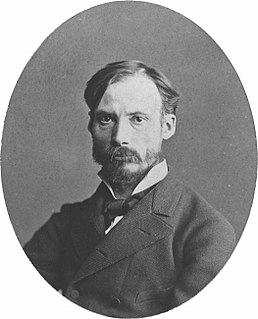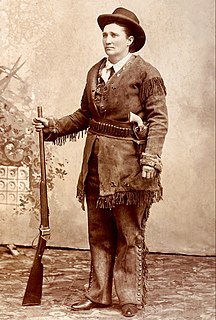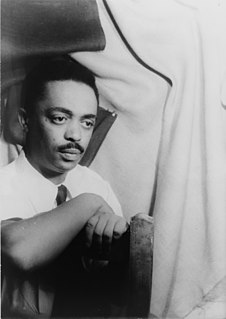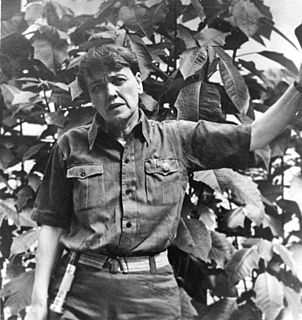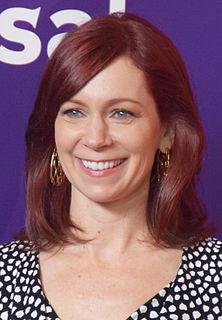A Quote by Pierre-Auguste Renoir
About 1883 something like a break occurred in my work. I had reached the end of 'impressionism,' and I had come to realize that I did not know how to paint or draw.
Related Quotes
I had brief glimpses of emotional catharsis while writing. I remember reading something Philip Roth wrote about how he writes every single day, but it's almost as if he has amnesia every morning - he has almost zero confidence that anything will come but he just sits down and plugs away. And at the end of the day it feels like a miracle: "How did I do that?" I had a similar experience where it was just about putting in the hours and being present.
Jem’s eyes had widened, and then he’d laughed, a soft laugh. “Did you think I did not know you had a secret?” he’d said. “Did you think I walked into my friendship with you with my eyes shut? I did not know the nature of the burden you carried. But I knew there was a burden.” He’d stood up. “I knew you thought yourself poison to all those around you,” he’d added. “I knew you thought there to be some corruptive force about you that would break me. I meant to show you that I would not break, that love was not so fragile. Did I do that?
For me, personally, life in South Africa had come to an end. I had been lucky in some of the whites I had met. Meeting them had made a straight 'all-blacks-are-good, all-whites-are-bad' attitude impossible. But I had reached a point where the gestures of even my friends among the whites were suspect, so I had to go or be forever lost.
Somebody had tipped the American continent like a pinball machine and all the goofballs had come rolling to LA in the southwest corner. I cried for all of us. There was no end to the American sadness and the American madness. Someday we'll all start laughing and roll on the ground when we realize how funny it's been.
'The Good Wife' was definitely the biggest surprise and gift that I've had in a long time, and that did come out of some other work that I had done. That whole adage of 'work begets work' actually worked in that case - it was at the very end of their first season that my character was first introduced.
I had no idea about where I was going. I had no sense of art as anything other than a problem to be fixed, you know, an itch to be scratched. I was in that studio trying my best to feel content with myself. I had, like, a stipend. I had a place to sleep. I had a studio to work in. I had nothing else to think about, you know. And that's - that was a huge luxury in New York City.
